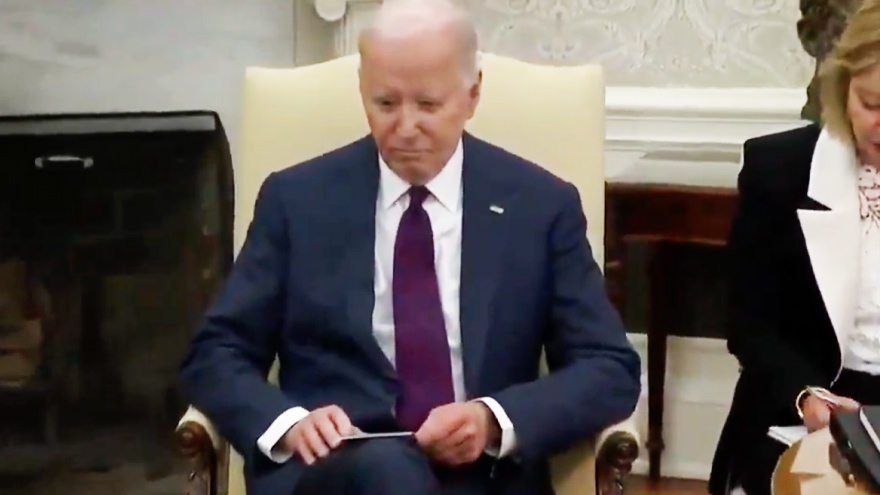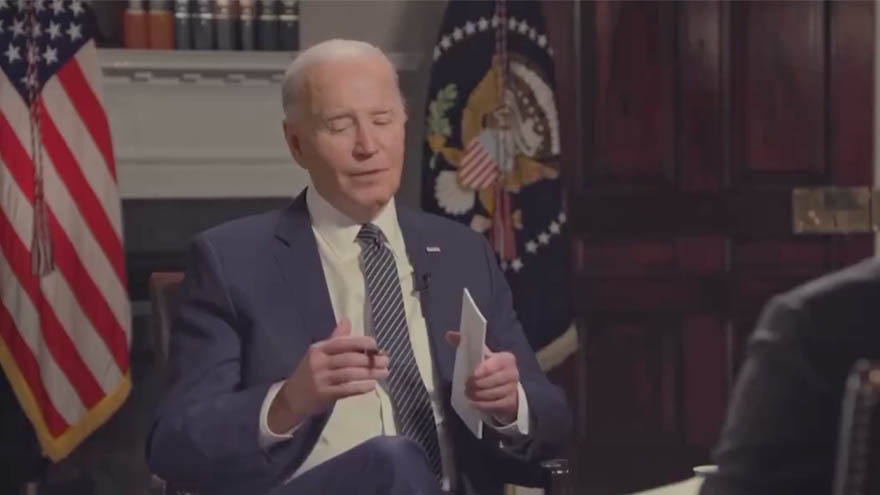The White House scrambled Monday to redefine the term “recession” just hours before a crucial economic report is predicted to show two-consecutive quarters of financial decline for the US economy.
From the White House:
How Do Economists Determine Whether the Economy Is in a Recession?
What is a recession? While some maintain that two consecutive quarters of falling real GDP constitute a recession, that is neither the official definition nor the way economists evaluate the state of the business cycle. Instead, both official determinations of recessions and economists’ assessment of economic activity are based on a holistic look at the data—including the labor market, consumer and business spending, industrial production, and incomes. Based on these data, it is unlikely that the decline in GDP in the first quarter of this year—even if followed by another GDP decline in the second quarter—indicates a recession.
The National Bureau of Economic Research (NBER) Business Cycle Dating Committee—the official recession scorekeeper—defines a recession as “a significant decline in economic activity that is spread across the economy and that lasts more than a few months.” The variables the committee typically tracks include real personal income minus government transfers, employment, various forms of real consumer spending, and industrial production. Notably, there are no fixed rules or thresholds that trigger a determination of decline, although the committee does note that in recent decades, they have given more weight to real personal income less transfers and payroll employment.
Also, because the committee depends on government statistics that are reported at various lags, it cannot officially designate a recession until after it starts.[1] So how might the NBER committee assess the health of the economy?
Read the full statement here.







